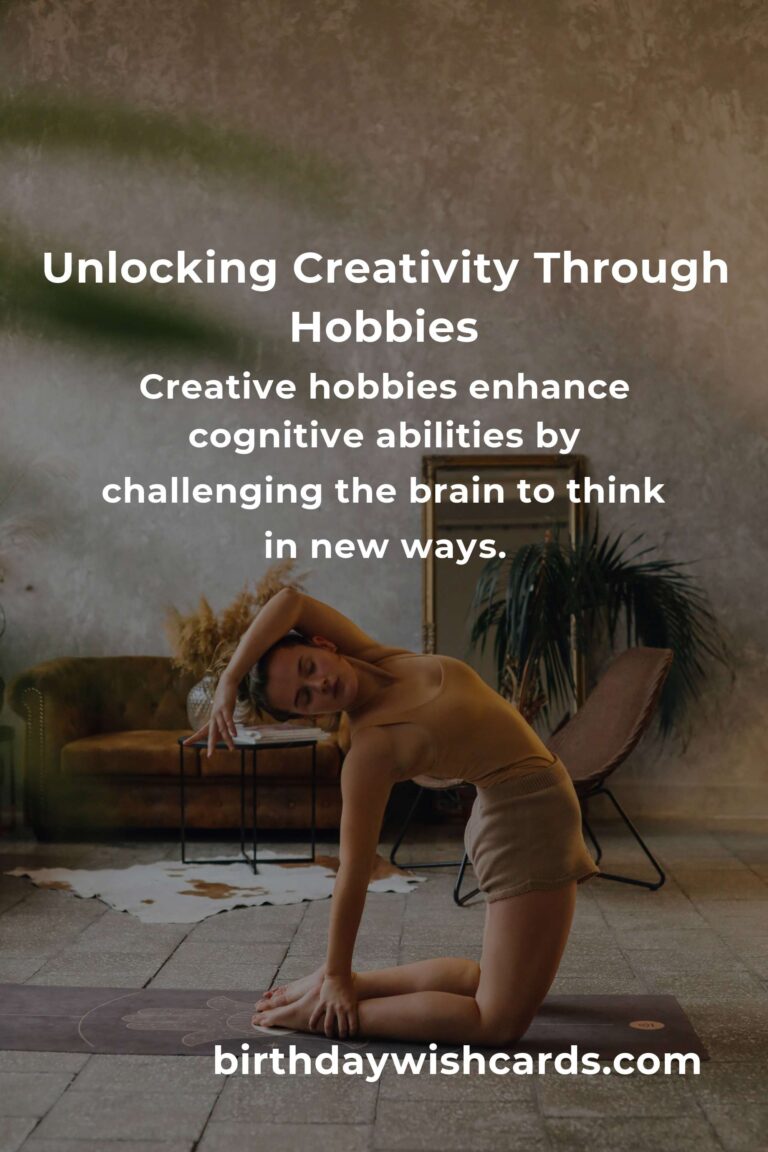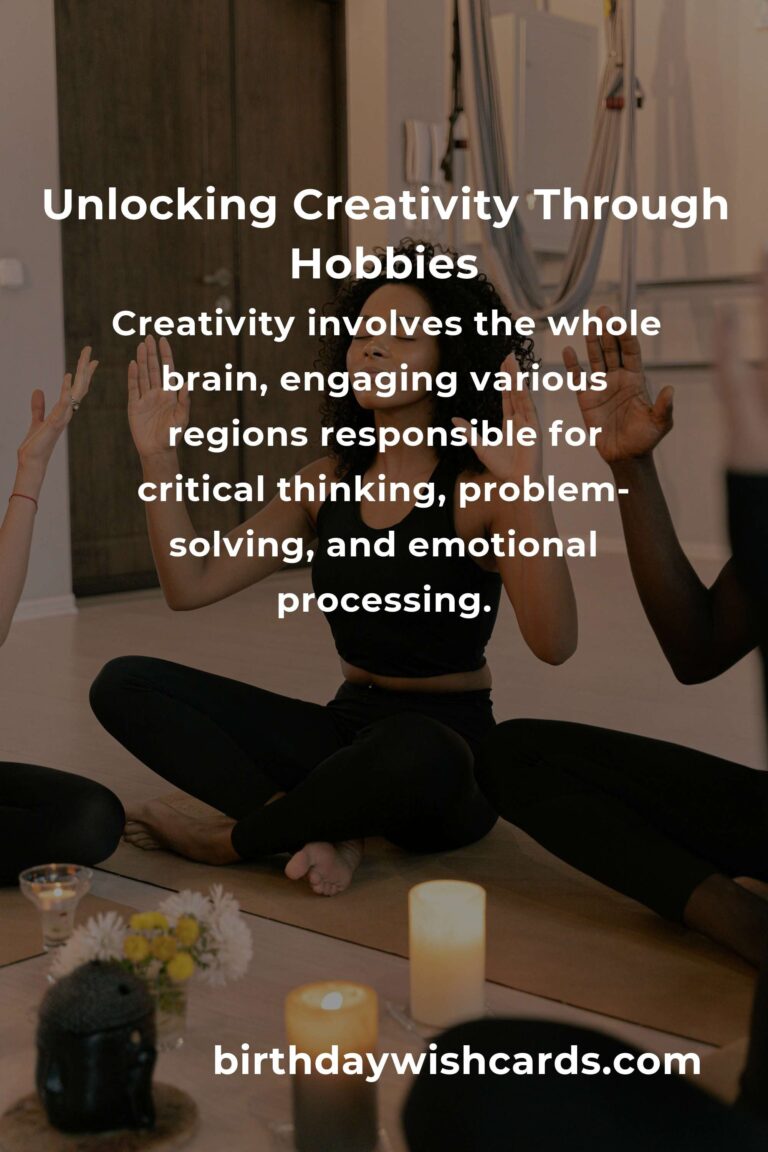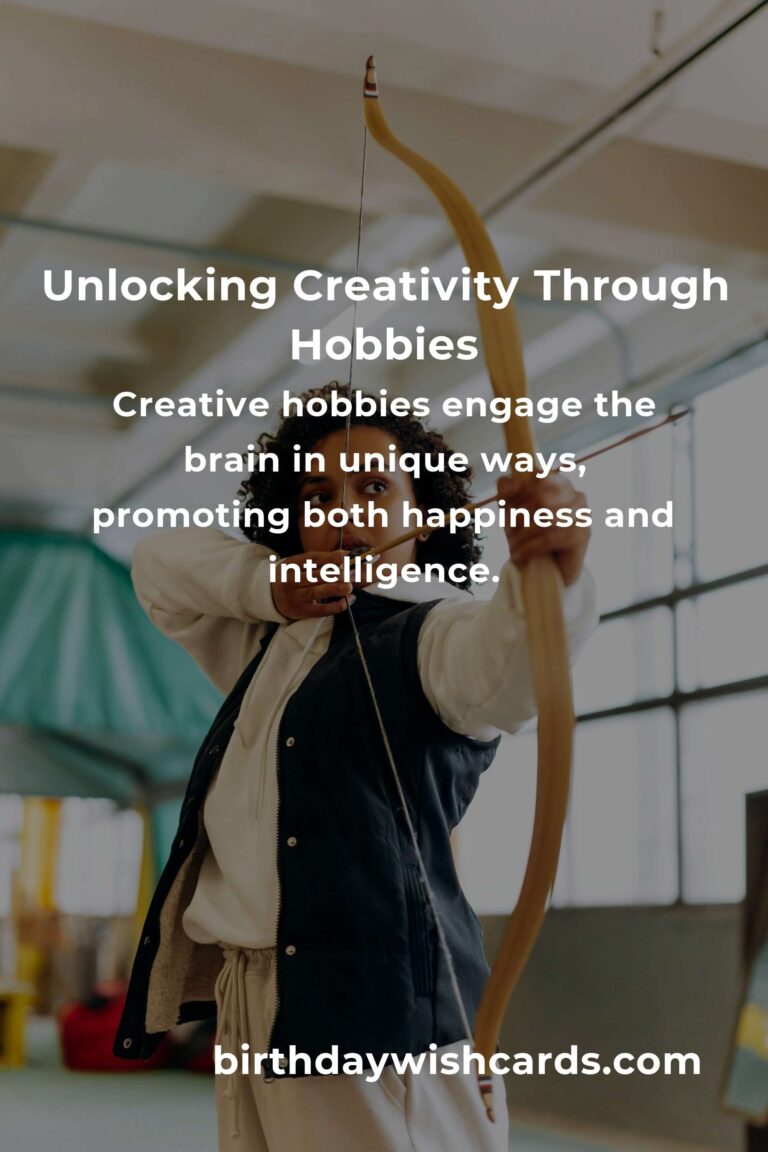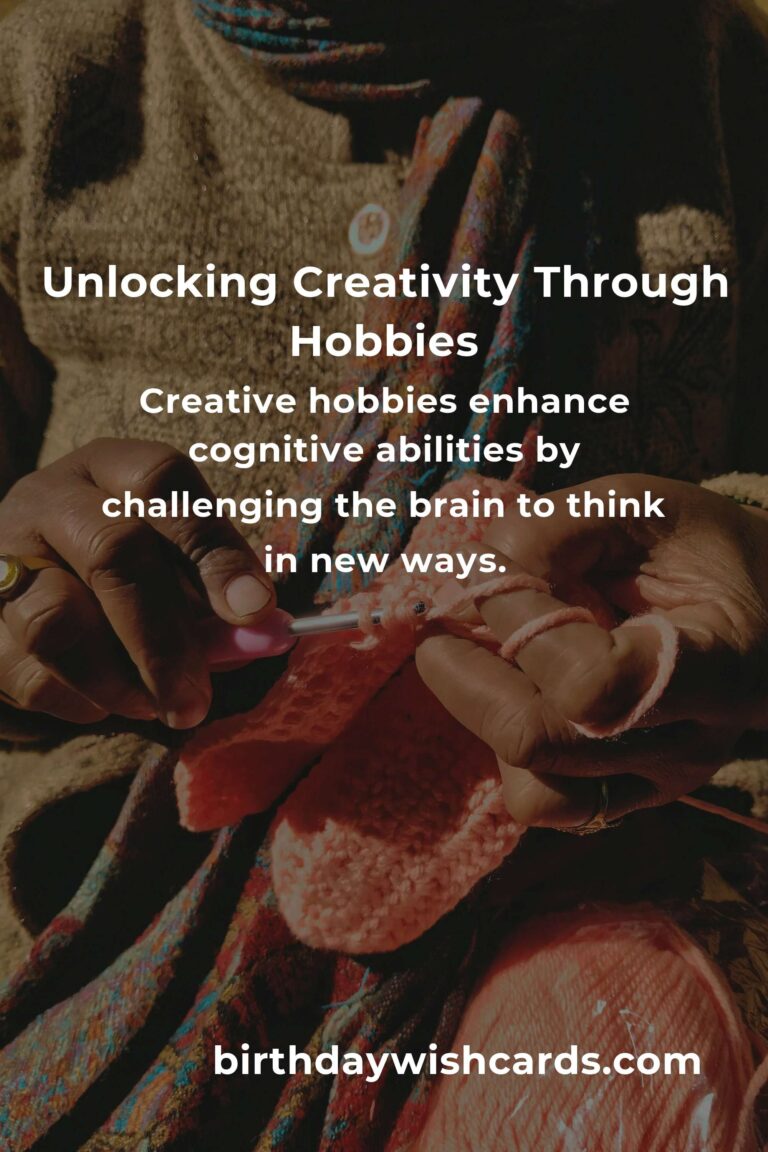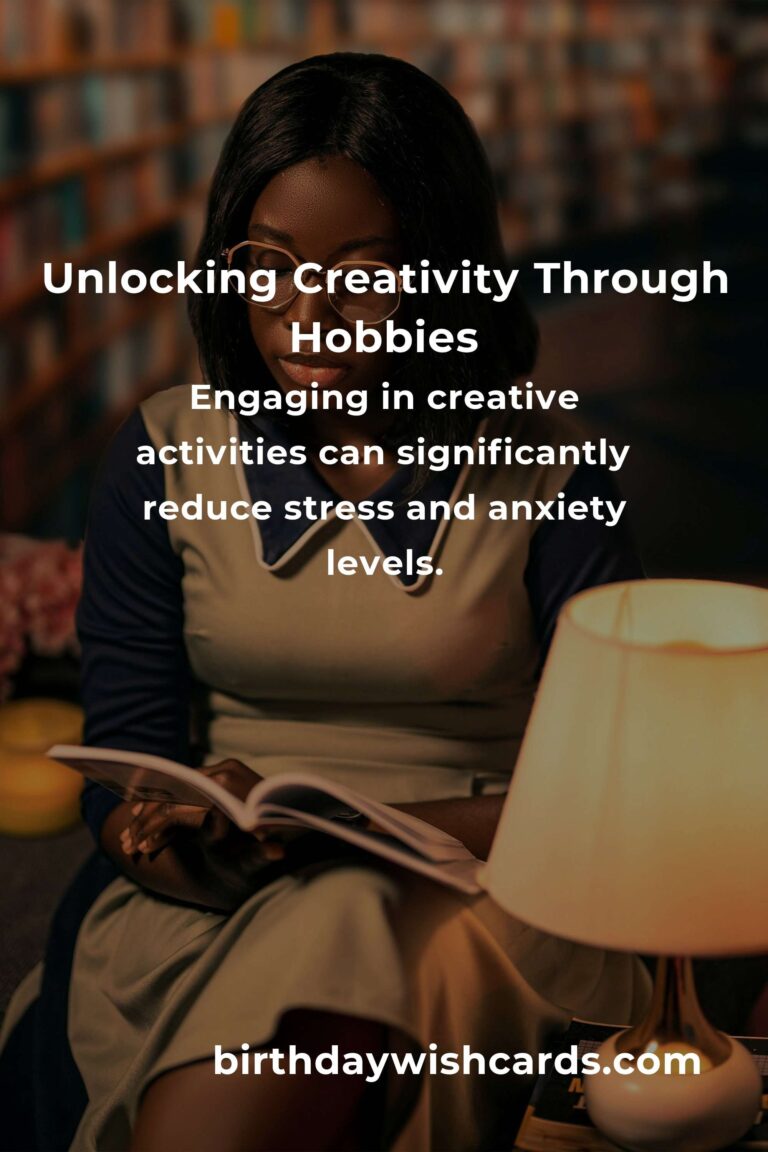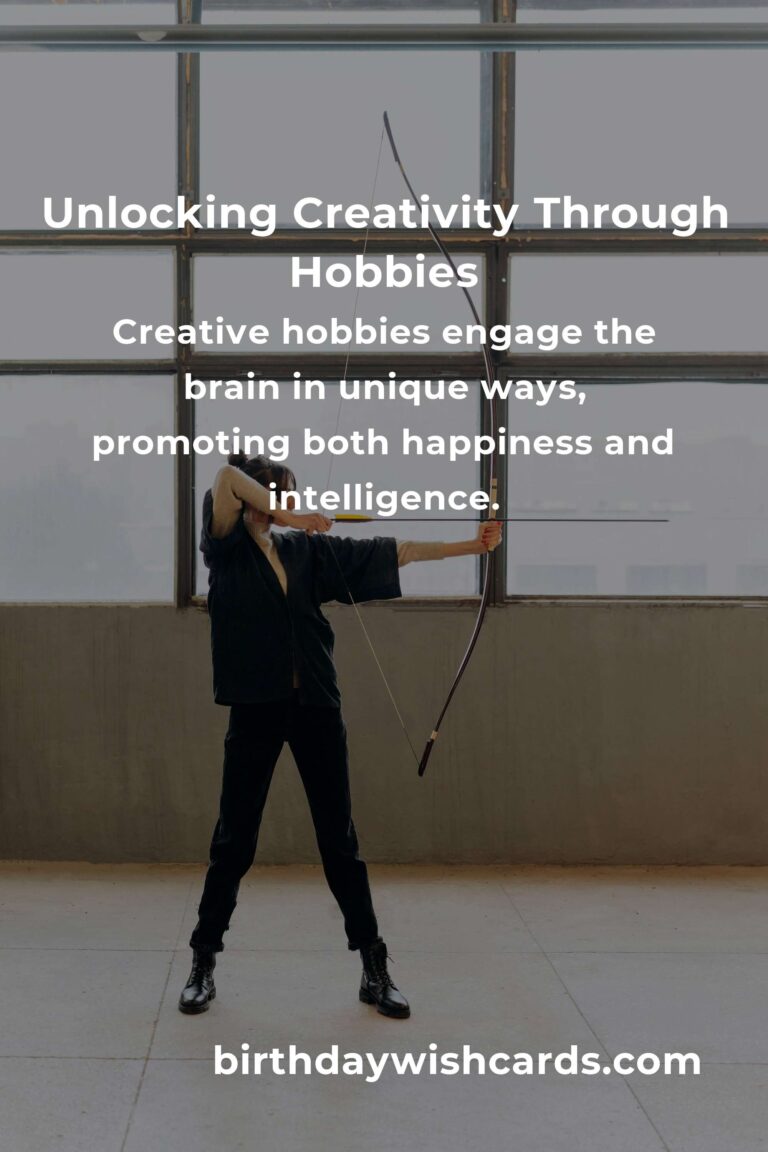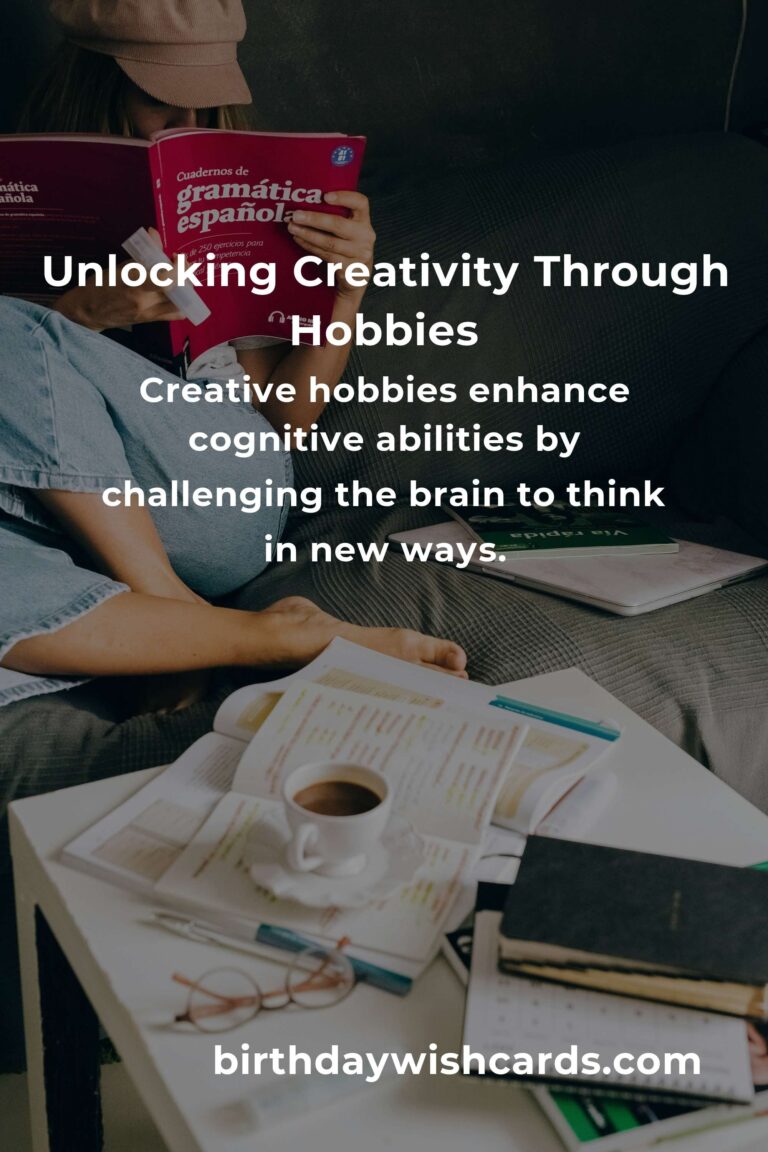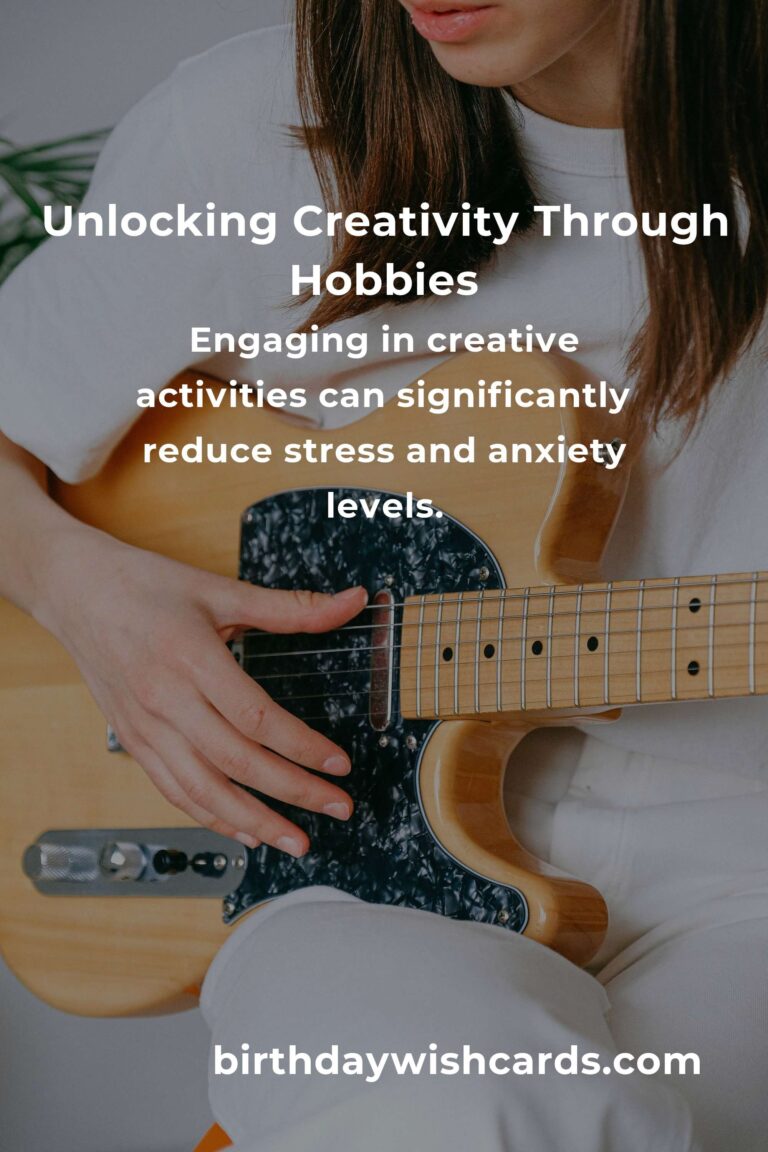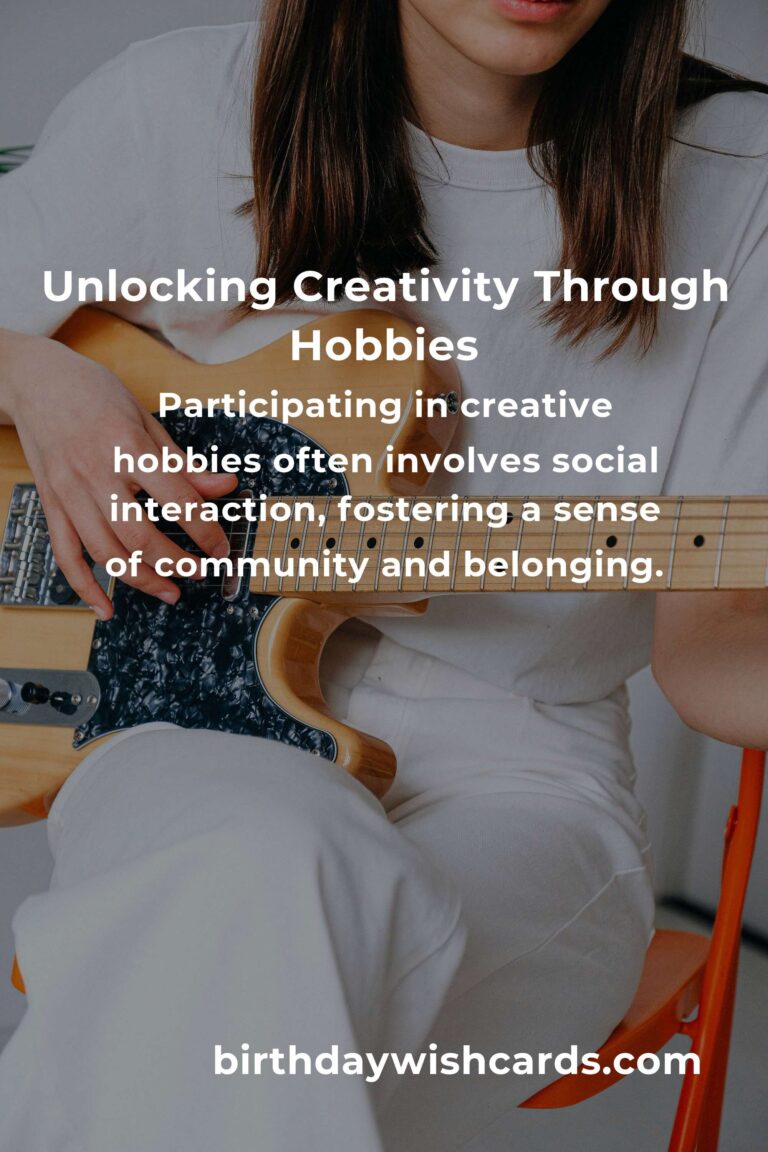
In today’s fast-paced world, creative hobbies have become more than just a pastime. They are a vital component of mental health and cognitive well-being. From painting to knitting, these activities engage the brain in unique ways, promoting both happiness and intelligence. But what is the science behind this phenomenon? Let’s delve into how creative hobbies unlock your brain’s potential.
Understanding Creativity and the Brain
Creativity is often seen as a mysterious trait that some possess and others do not. However, scientific research shows that creativity is a cognitive process that can be nurtured and developed. The brain is divided into two hemispheres, with the right hemisphere traditionally associated with creativity. However, recent studies reveal that creativity involves the whole brain, engaging various regions responsible for critical thinking, problem-solving, and emotional processing.
When you engage in a creative hobby, you activate the brain’s default mode network (DMN). This network is crucial for imagination and daydreaming, allowing for connections between seemingly unrelated ideas. The DMN works alongside the executive attention network, which helps to focus and refine creative thoughts. The interplay between these networks enhances your ability to think creatively and innovatively.
The Psychological Benefits of Creative Hobbies
Creative hobbies are not only beneficial for the brain but also for mental health. Engaging in creative activities can significantly reduce stress and anxiety levels. This is partly due to the meditative effect of focusing on a task that requires attention and concentration. When you’re absorbed in a creative hobby, your mind is free from the stresses of daily life, allowing your body to relax and rejuvenate.
Moreover, creative hobbies can boost self-esteem and confidence. Completing a creative project gives a sense of accomplishment and pride, which can be particularly empowering. This positive reinforcement encourages individuals to continue engaging in creative pursuits, further enhancing their mental resilience.
Enhancing Cognitive Skills Through Creativity
Creative hobbies enhance cognitive abilities by challenging the brain to think in new ways. For instance, learning to play a musical instrument involves reading music, timing, and coordination, which enhances memory and spatial-temporal skills. Similarly, activities like painting or sculpting require visual-spatial skills and fine motor coordination, both of which are crucial cognitive functions.
Furthermore, engaging in creative tasks improves problem-solving skills. The brain is conditioned to seek patterns and solutions, and creative hobbies often involve overcoming obstacles or thinking outside the box. This adaptability is essential for cognitive development and can be applied in various real-life situations.
Social and Emotional Growth Through Creative Activities
Participating in creative hobbies often involves social interaction, whether it’s attending a class, joining a workshop, or sharing your work with others. These interactions foster a sense of community and belonging, which are essential for emotional growth. Sharing creative experiences with others can lead to new friendships and support networks, enhancing social well-being.
Emotionally, creative hobbies allow for self-expression and reflection. They provide a safe space to explore emotions and experiences, leading to greater self-awareness and emotional intelligence. This is particularly beneficial for individuals who struggle to articulate their feelings verbally.
Conclusion: Embrace Your Creative Side
The science behind creative hobbies is clear: they are a powerful tool for enhancing brain function, improving mental health, and fostering personal growth. Whether you’re a seasoned artist or a beginner, there’s a creative hobby that can benefit you. So, why not take the plunge and explore your creative side? Your brain, body, and soul will thank you.
Creative hobbies engage the brain in unique ways, promoting both happiness and intelligence. Creativity involves the whole brain, engaging various regions responsible for critical thinking, problem-solving, and emotional processing. Engaging in creative activities can significantly reduce stress and anxiety levels. Creative hobbies enhance cognitive abilities by challenging the brain to think in new ways. Participating in creative hobbies often involves social interaction, fostering a sense of community and belonging.
#CreativeHobbies #BrainScience #MentalHealth #CognitiveSkills #SelfExpression


